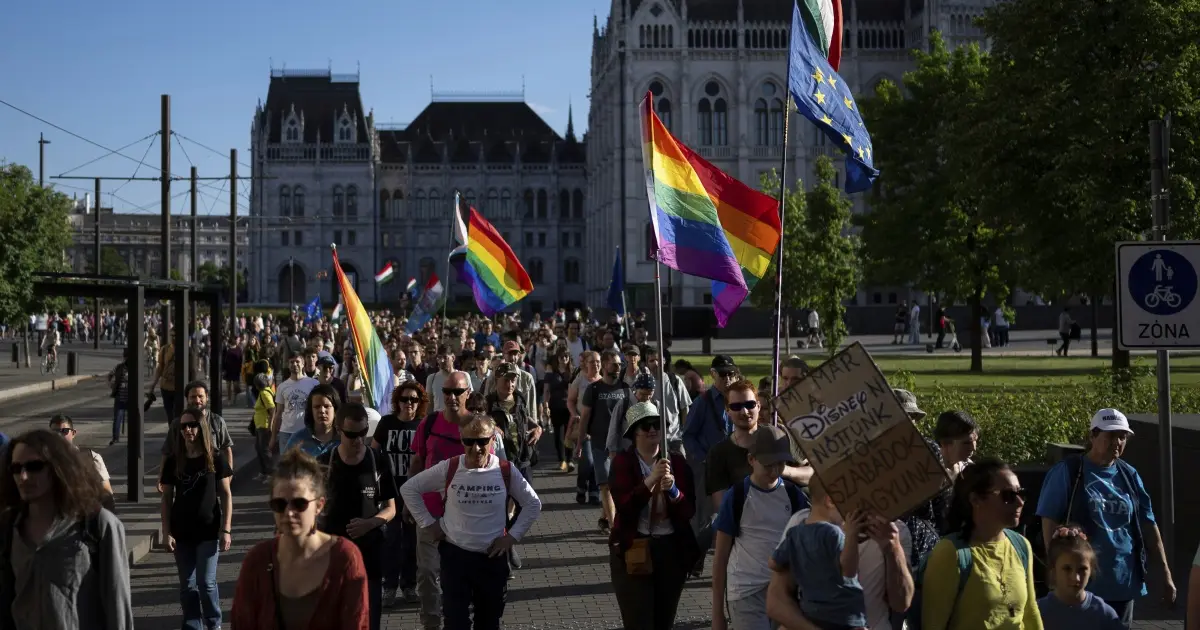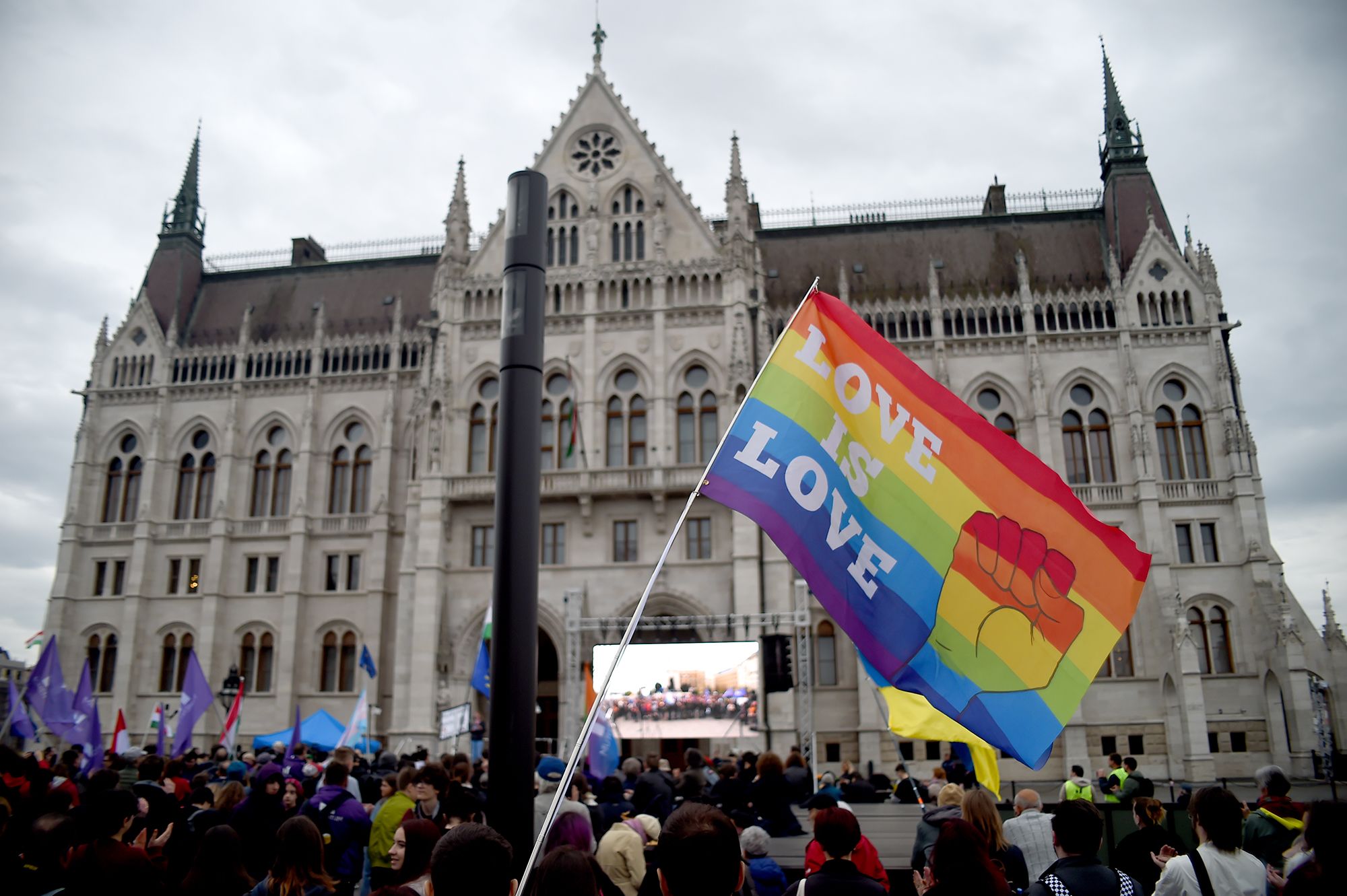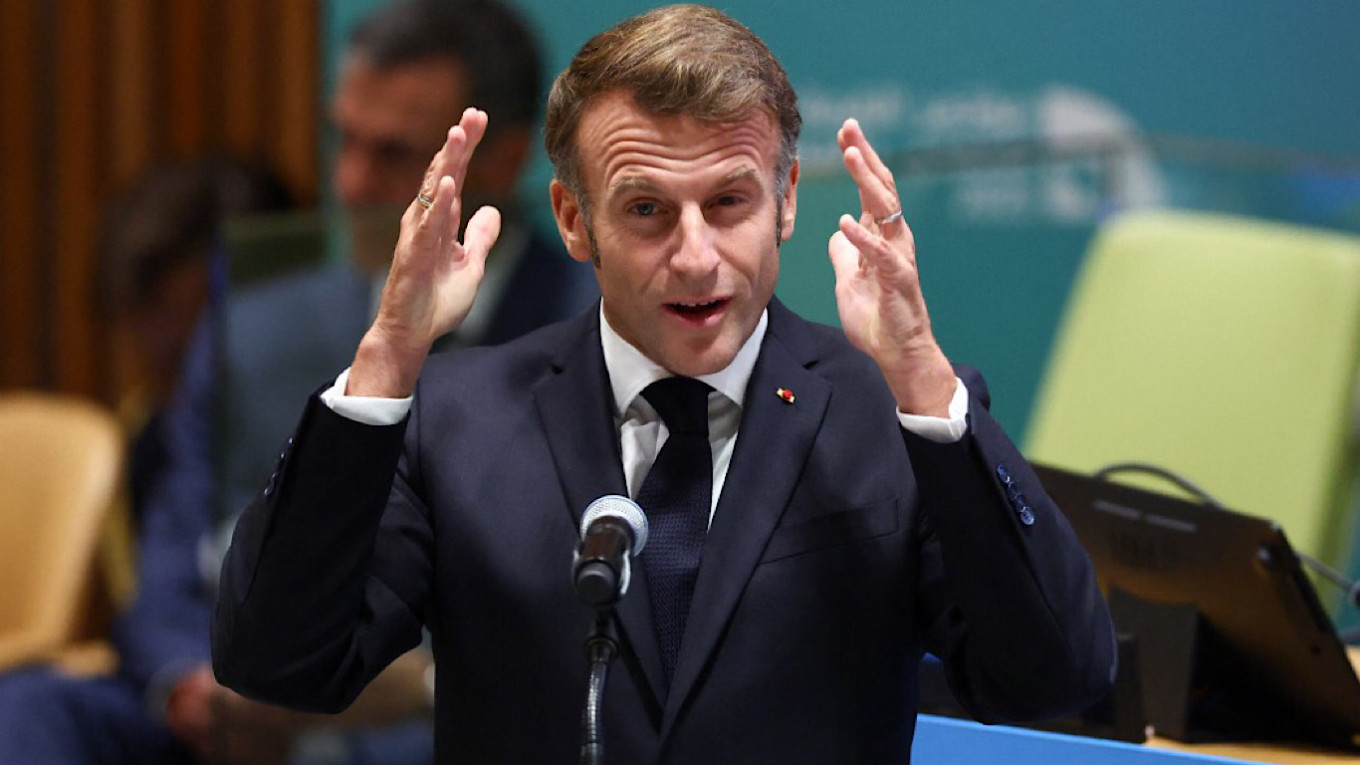Hungary’s LGBTQ+ community is preparing to defy a government-imposed ban by moving forward with Budapest Pride, which marks its 30th anniversary. Prime Minister Viktor Orbán’s populist government fast-tracked a controversial law in March that criminalizes events seen as promoting homosexuality to minors under 18. Officials made clear that the Pride march was the law’s main target.
Despite threats of heavy fines and jail time, organizers — alongside Budapest Mayor Gergely Karácsony and European leaders — have vowed to proceed with Saturday’s march. It is expected to be the largest LGBTQ+ gathering in Hungary’s history.
Hungary Expands Anti-LGBTQ+ Laws, Faces Backlash Over Pride March Suppression Efforts
The new law, widely criticized by human rights groups, expands Hungary’s crackdown on LGBTQ+ rights, echoing similar restrictions in Russia. It not only bans LGBTQ+ content accessible to minors but also empowers authorities to use facial recognition technology to identify and potentially penalize participants in prohibited events.
Orbán’s government has already banned same-sex adoption and removed LGBTQ+ representation from media accessible to youth, arguing that such content harms child development. Critics contend these moves are politically motivated, scapegoating minorities to bolster Orbán’s conservative support base.

Following the police rejection of Pride registration requests, Mayor Karácsony declared the march would be held as a municipal event, circumventing the need for police approval. Nevertheless, the government maintains that any form of the event is illegal, warning of prison terms for organizers.
Justice Minister Bence Tuzson and Prime Minister Orbán both warned that attendees could face legal consequences, though they denied any intent to use force. Karácsony reassured participants that police would be present only to ensure safety, not to intimidate or penalize marchers.
Far-right Groups Threaten Pride as EU Leaders Condemn Hungary’s Anti-LGBTQ+ Policies
Right-wing and extremist groups are mobilizing in response to the Pride march. The Our Homeland Movement, a radical nationalist party, received permission to hold events along the Pride route. Additionally, a neo-Nazi group announced its own rally at Budapest City Hall, where the Pride march will begin, explicitly calling for the exclusion of anyone not fitting its “white, Christian, heterosexual” criteria.
These counter-demonstrations raise concerns about potential confrontations and violence, further escalating tensions surrounding the event.
The Hungarian government’s actions have sparked widespread criticism from European leaders and institutions. Over 30 foreign embassies issued a joint statement affirming the rights to free expression and assembly. European Commission President Ursula von der Leyen urged Hungarian authorities to refrain from punishing Pride participants.
Over 70 members of the European Parliament plan to join the march in solidarity. European Commissioner Hadja Lahbib emphasized the EU’s commitment to human rights, stating, “The EU is not neutral on hate,” and called on the international community to actively oppose discriminatory policies.












Leave a Reply